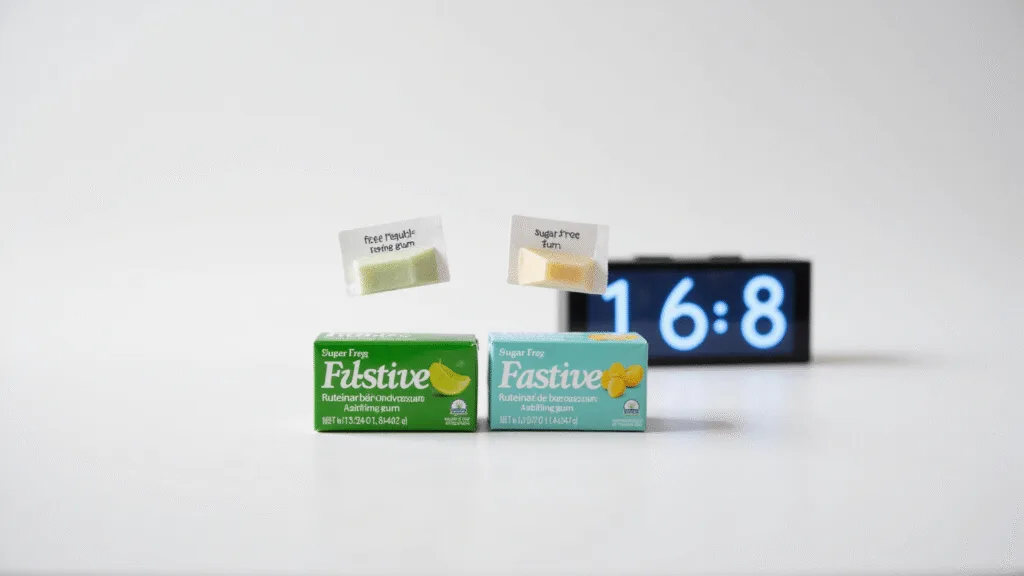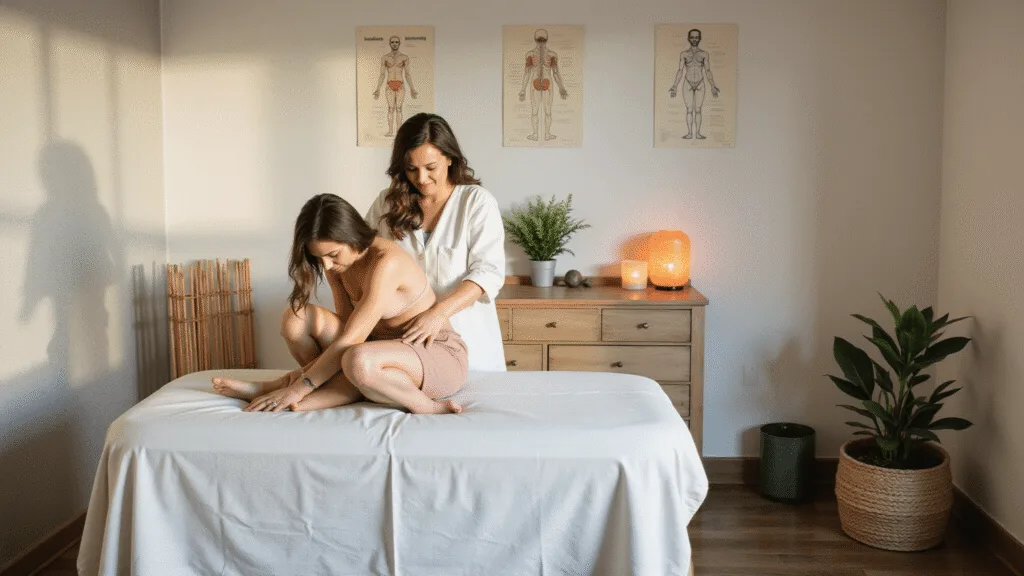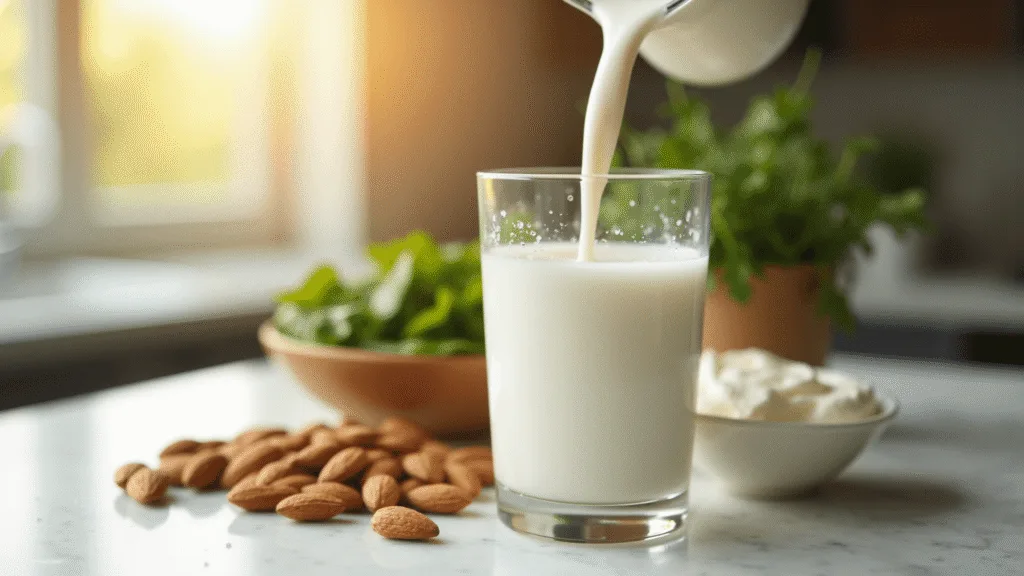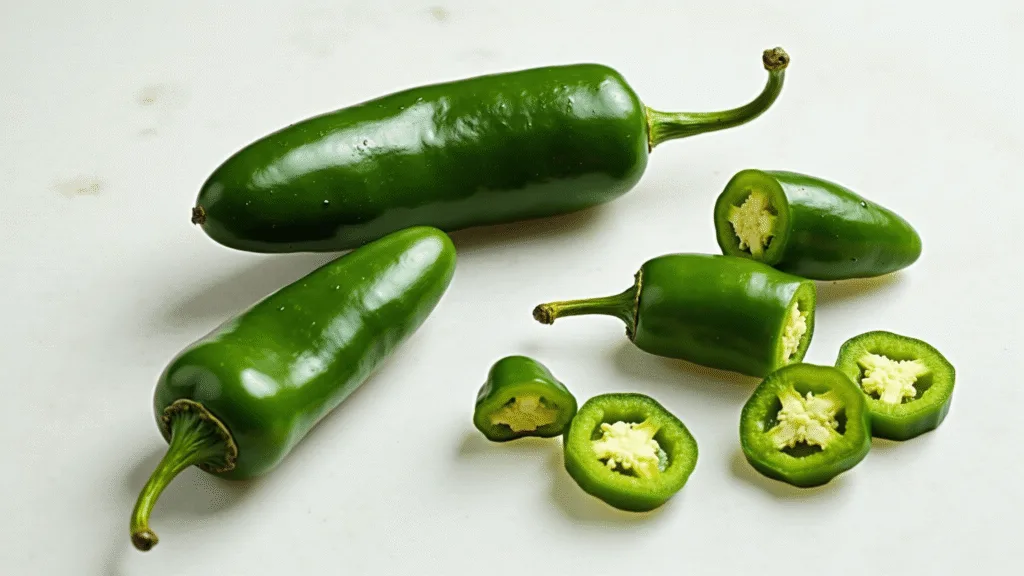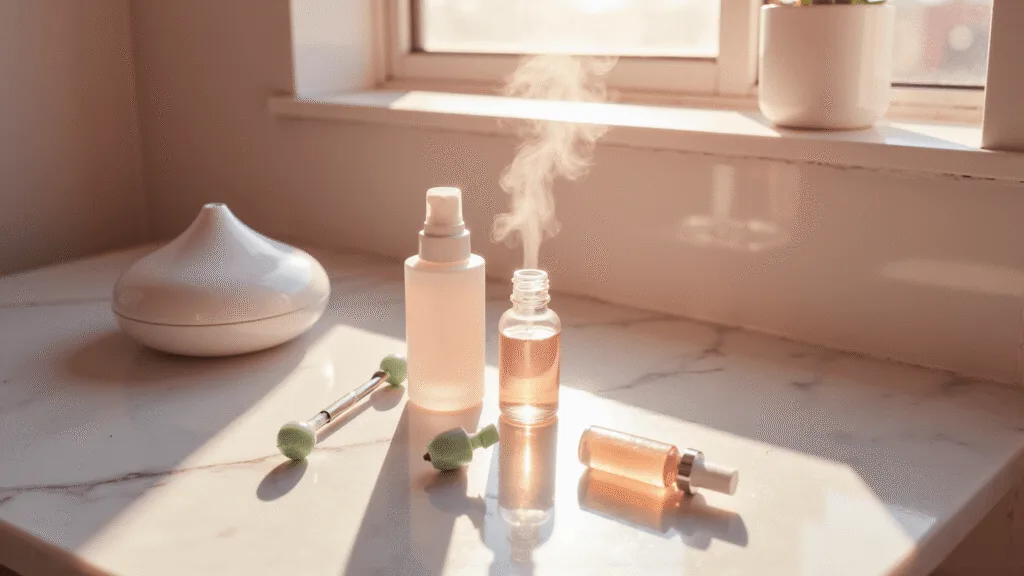Why I Started Drinking Herbal Teas
A few years back, I was constantly getting sick. Seemed like every cold in town found its way to me. My medicine cabinet was overflowing, but nothing really worked long-term.
Then my grandmother (who’s basically never sick) told me her secret: “It’s the teas, honey.”
At first I was skeptical. How could hot leaf water make that much difference? But when you’re desperate, you’ll try anything.
And guess what? It actually worked.
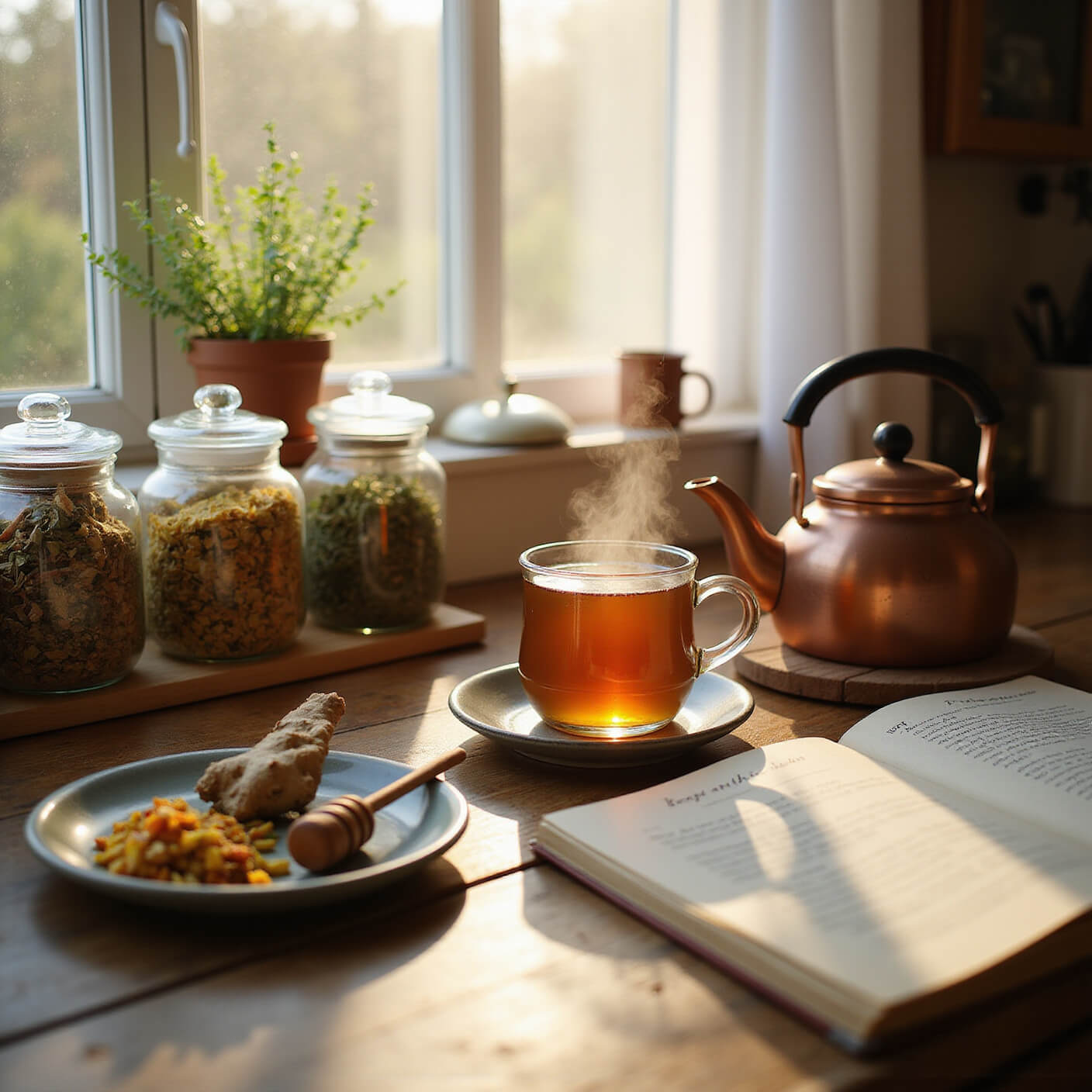
The Healing Heroes: Top Herbal Tea Ingredients
Ginger: The Stomach Soother and Inflammation Fighter
Ginger has become my go-to whenever my stomach acts up. It’s like having a digestive superhero in your kitchen.
- Works amazingly for nausea (including morning sickness and motion sickness)
- Reduces inflammation throughout your body
- Helps with digestion after heavy meals
- Can ease menstrual cramps (seriously, it works better than some painkillers I’ve tried)
How I use it: I slice up fresh ginger root (about thumb-sized piece) and steep it in hot water for 10 minutes. If you want it stronger, simmer it for 15-20 minutes. I sometimes add honey, but it’s good plain too.
Chamomile: Nature’s Chill Pill
When I’m stressed or can’t sleep, chamomile is my reliable friend. This little flower packs some serious calming power.
- Helps you fall asleep faster and sleep deeper
- Reduces anxiety and stress levels
- Supports your immune system
- Soothes an upset stomach
My nighttime ritual: I brew a strong cup about 30 minutes before bed. Make sure to cover it while steeping (keeps the good stuff from escaping). Sometimes I add a tiny bit of honey, but not too much or it might keep you up!
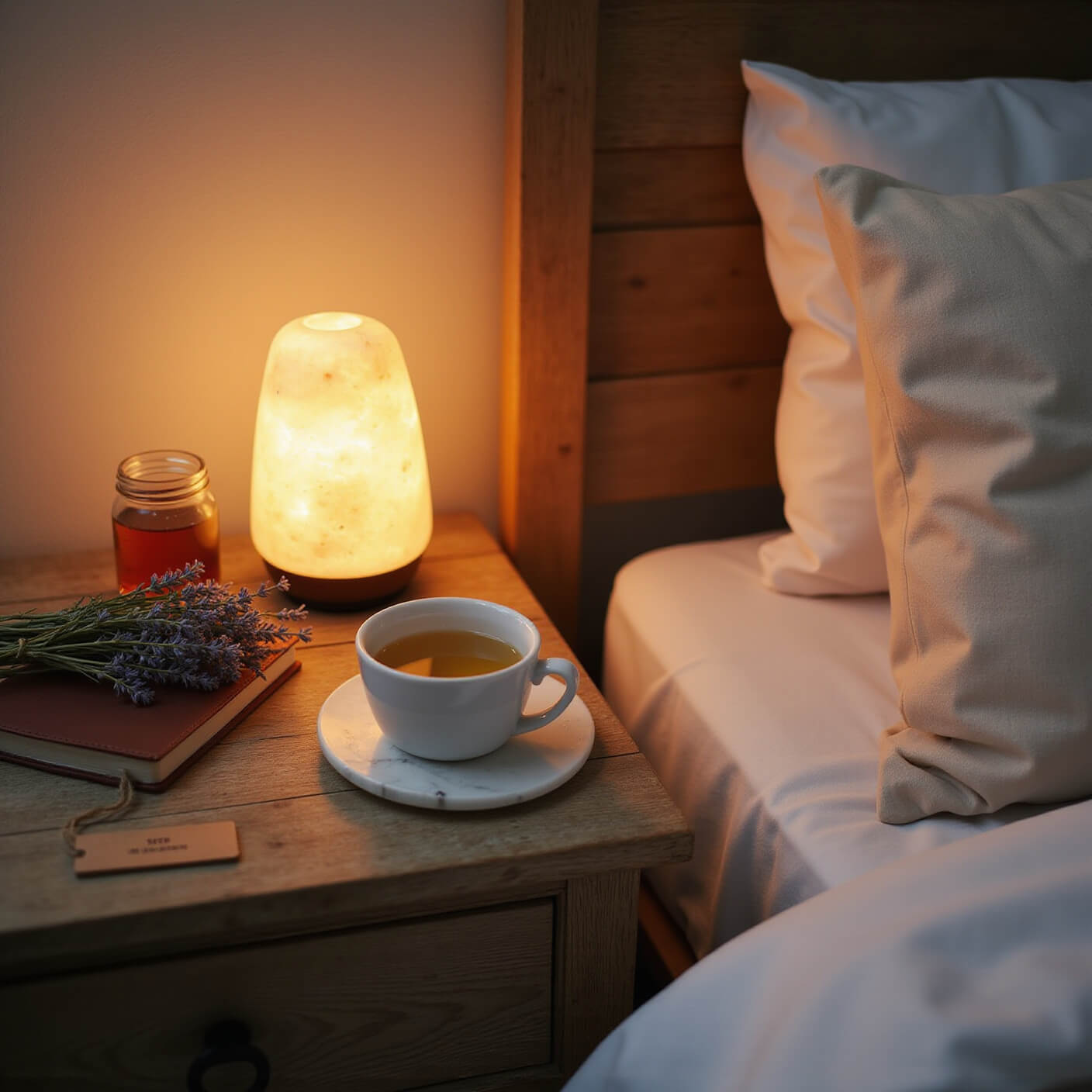
Hibiscus: The Heart Helper
The deep red color of hibiscus tea isn’t just pretty – it’s packed with benefits for your cardiovascular system.
- Lowers blood pressure naturally
- Full of antioxidants that fight aging
- Tastes refreshingly tart (kinda like cranberry)
- Makes an amazing iced tea in summer
Blood pressure tip: Studies show drinking 3 cups daily can lower blood pressure similar to some medications – just don’t stop taking prescribed meds without talking to your doctor!
Turmeric: The Golden Healer
I started drinking turmeric tea regularly after a sports injury, and the difference in inflammation was noticeable within days.
- Reduces inflammation throughout your body
- Supports digestive health
- May help prevent chronic diseases
- Works best when combined with black pepper (increases absorption)
My joint-relief recipe: I mix 1 teaspoon turmeric powder, pinch of black pepper, and a small piece of ginger in hot water. Adding a little fat (like a drop of olive oil or coconut oil) helps absorption too.
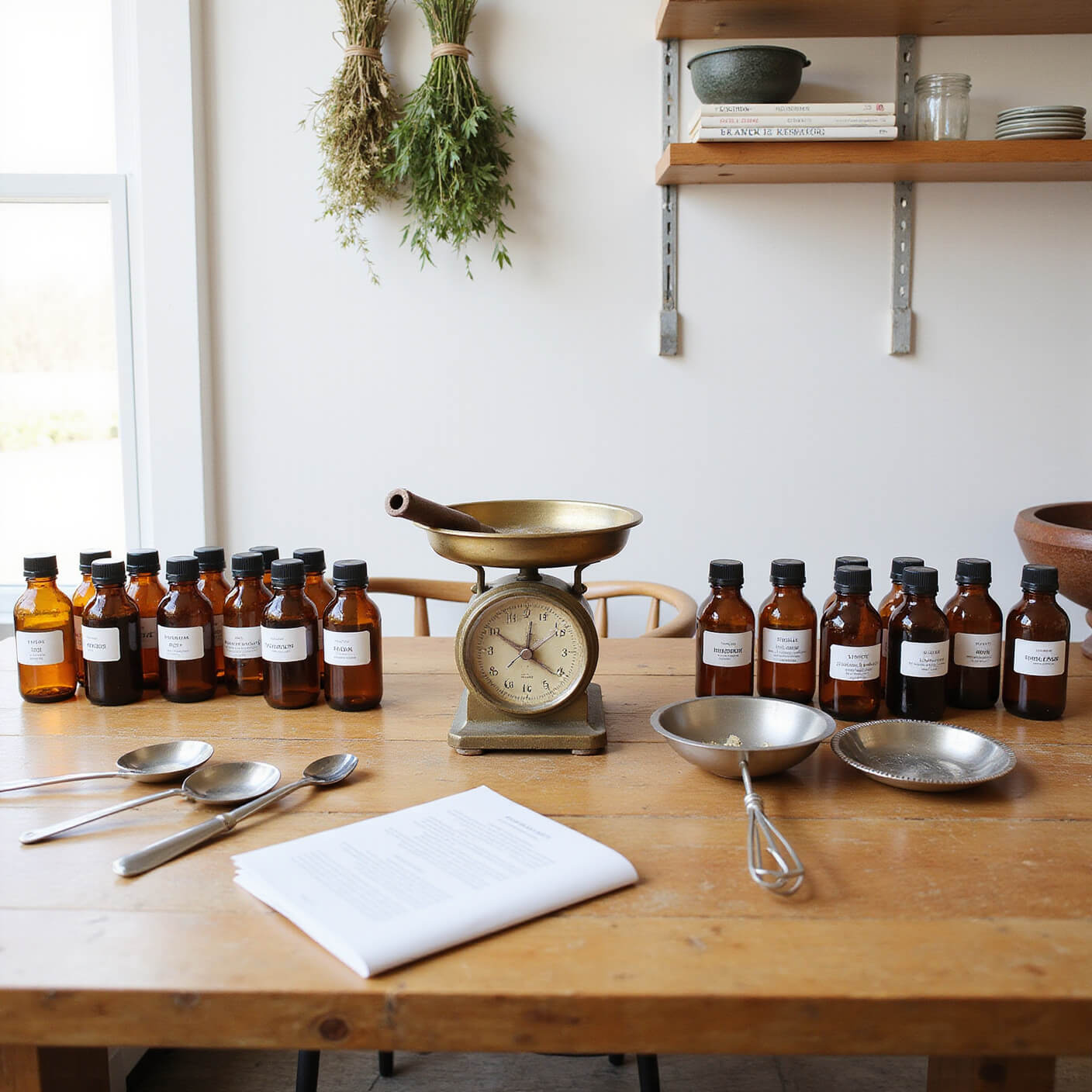
Mullein Leaf: The Lung Supporter
I discovered mullein during a particularly nasty bout of bronchitis, and it’s now essential in my winter tea stash.
- Helps clear mucus from your lungs
- Reduces inflammation in respiratory tract
- Makes coughing more productive
- Has a mild, pleasant taste
Respiratory support: Steep 1-2 teaspoons dried mullein in hot water for 10-15 minutes. Strain carefully – the tiny hairs can irritate your throat if not filtered out.
Eucalyptus: The Breath Freshener
Whenever my sinuses get congested, eucalyptus tea comes to the rescue.
- Opens up airways and makes breathing easier
- Fights respiratory infections
- Works as an expectorant (helps clear mucus)
- Has a strong, distinctive smell that clears sinuses instantly
Steam treatment upgrade: After making eucalyptus tea, I sometimes put a towel over my head and the cup to create a mini steam treatment. Works wonders for sinus pressure.
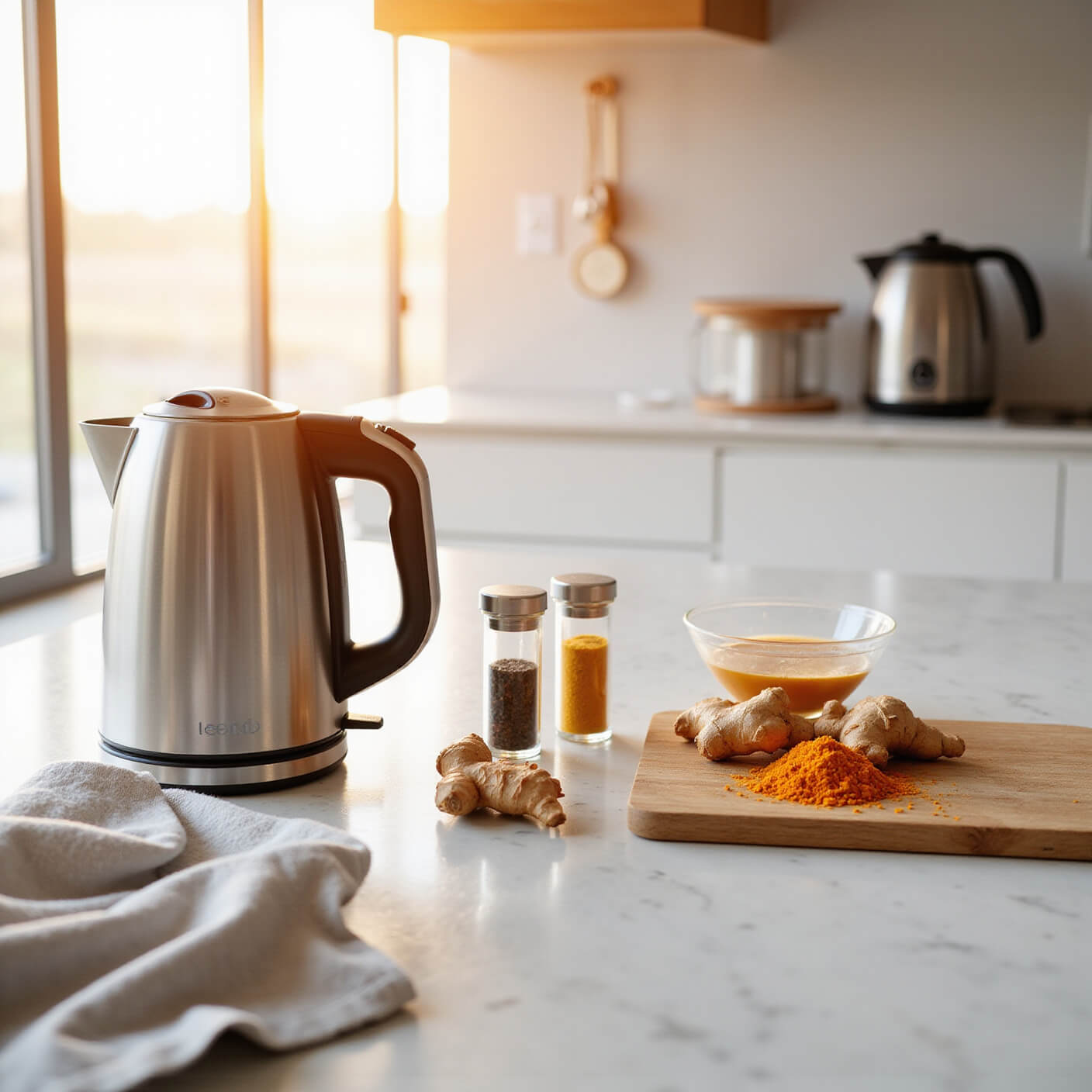
Rose Hips: The Vitamin C Powerhouse
Rose hips became my winter essential after learning they contain more vitamin C than oranges.
- Boosts immune system with natural vitamin C
- Fights inflammation throughout the body
- Supports skin health from the inside
- Has a pleasantly tart flavor
Immune booster: I steep 1-2 tablespoons of dried rose hips for about 15 minutes. The longer steep time extracts more vitamin C.
Getting Started: The Basics of Brewing Healing Teas
You don’t need fancy equipment to start benefiting from herbal teas. Here’s what I use:
- A basic kettle (electric or stovetop)
- A tea infuser or strainer (a fine mesh strainer works too)
- Quality herbs (fresher = more potent)
Budget tip: Start with just 2-3 herbs that address your most common issues. You can build your collection over time without breaking the bank.
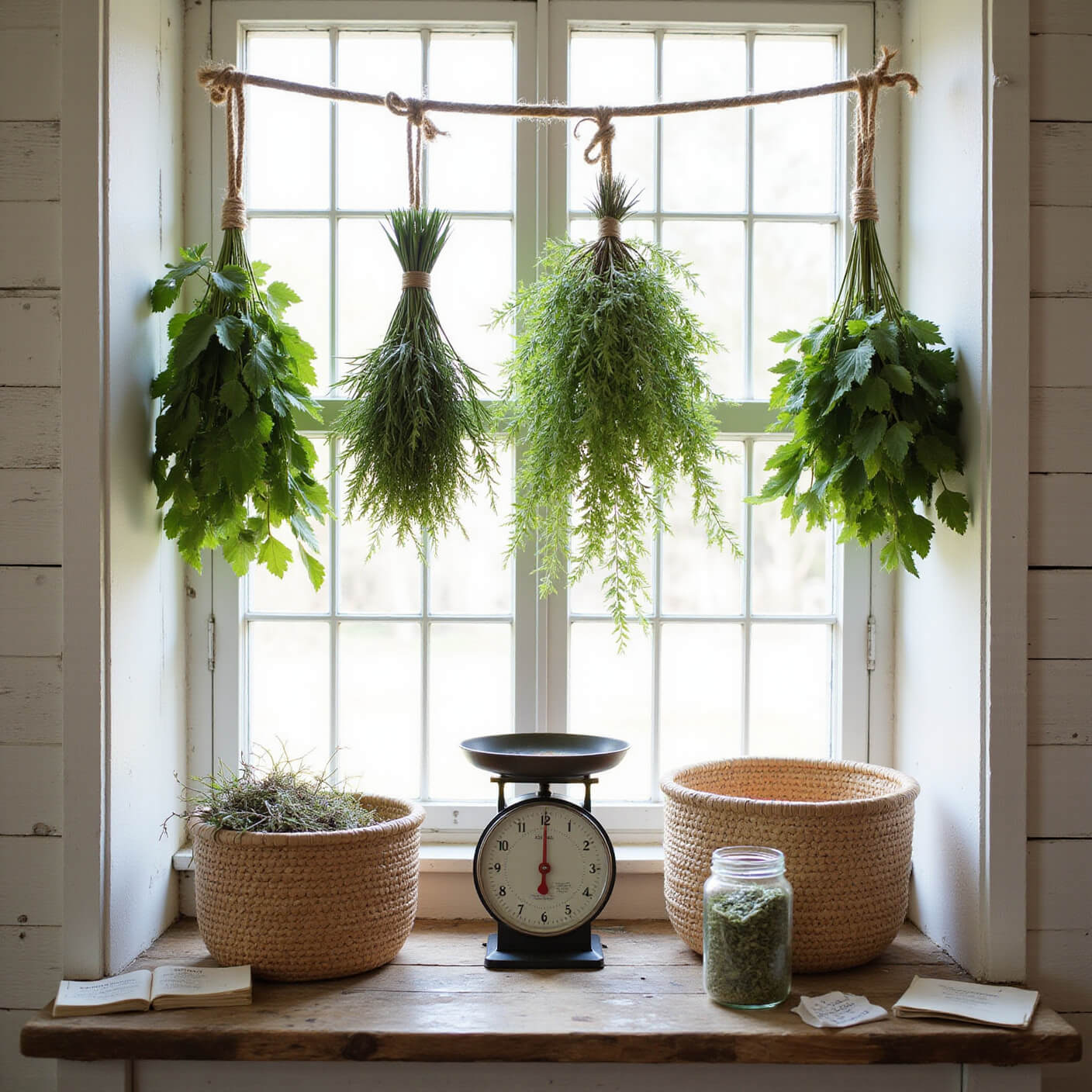
My Favorite Tea Combinations for Common Problems
The Sleep Inducer
- 1 part chamomile
- 1 part lemon balm
- Tiny pinch of lavender
The Immunity Booster
- 2 parts rose hips
- 1 part ginger
- 1 part echinacea (during cold season)
The Tummy Tamer
- 2 parts peppermint
- 1 part ginger
- 1 part chamomile
The Stress Buster
- 1 part chamomile
- 1 part holy basil (tulsi)
- 1 part lemon balm
When to Drink Your Teas for Maximum Benefits
Timing matters when it comes to herbal teas. I’ve found these guidelines work best:
- Digestive teas (ginger, peppermint): 15-30 minutes before meals
- Energy teas (green tea, yerba mate): morning to early afternoon
- Calming teas (chamomile, lemon balm): evening, 30-60 minutes before bed
- Immune support (echin

